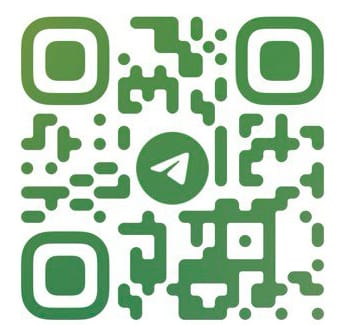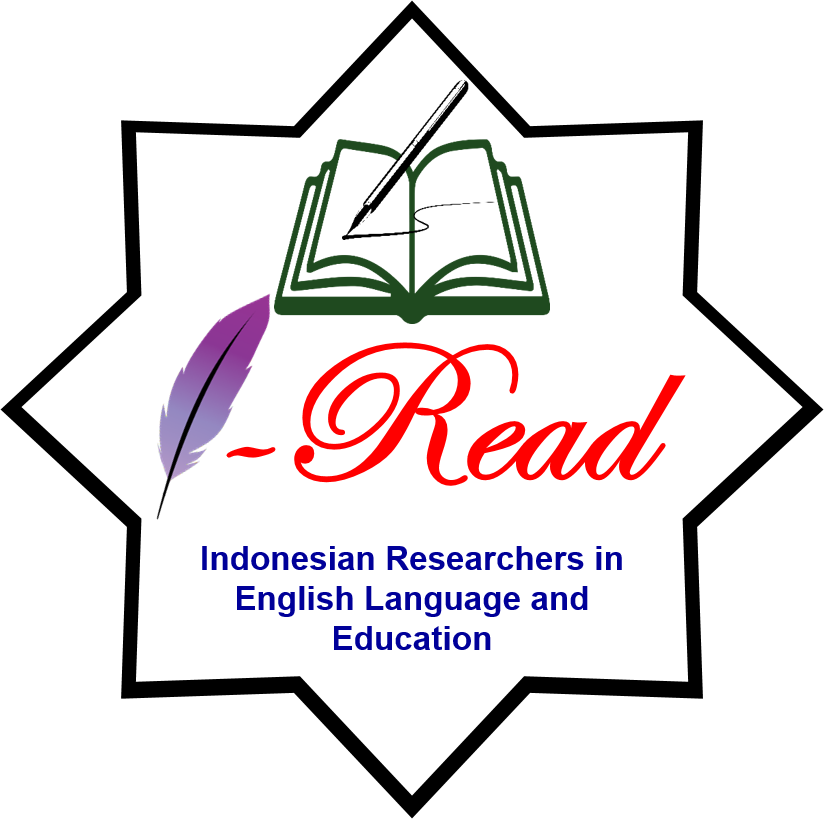Assessing the Impact of English Language Skills and TOEIC Performance on Career Development
Abstract
This study investigates the impact of English language skills, as assessed by TOEIC (Test of English for International Communication) performance, on career development and the transition to professionalism and understanding how individuals with varying levels of English language proficiency face specific challenges and how these challenges impact their career trajectories. The study utilized and approached mixed methods, combining quantitative analysis of TOEIC scores and career development indicators and qualitative analysis of challenges individuals face. The sample comprised 75 participants from diverse professional backgrounds, representing a range of English language proficiency levels. The sample averaged 720 TOEIC points, indicating moderate English proficiency. Career progression markers included skill acquisition or credentials (1.3), greater responsibility (3.9), and broader job scope (3.7). Ethical behavior, effective communication, leadership, problem-solving, adaptability, and devotion to continual learning were above 4 in the transition to professionalism, indicating a positive trend. As judged by TOEIC scores (r = 0.8, p < 0.05, 0.525, p 0.001), English language skills were strongly connected with work promotions, pay increases, and job satisfaction. These findings suggest that TOEIC performance affects professional advancement. The thematic study revealed language barriers, global resources, professional networks, and cross-cultural collaboration.
Downloads
Copyright (c) 2023 Scripta : English Department Journal

This work is licensed under a Creative Commons Attribution-ShareAlike 4.0 International License.









